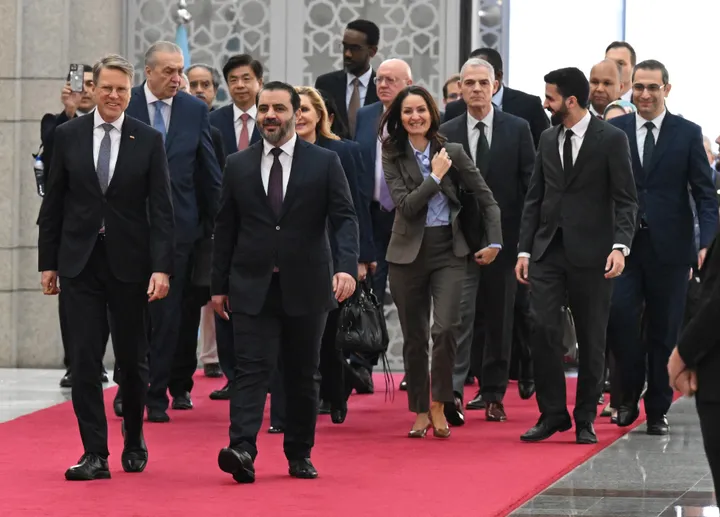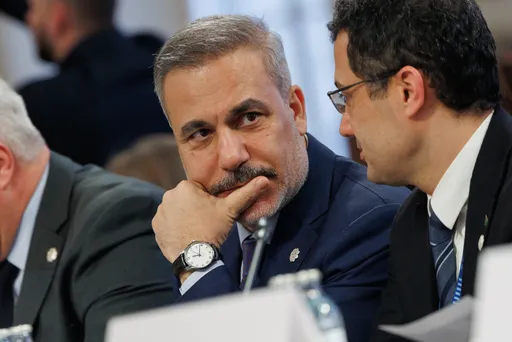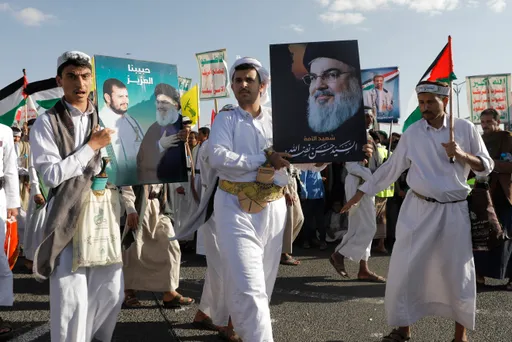The US soldier who ran across the border into North Korea last month "admitted that he illegally intruded," Pyongyang's state news agency KCNA has said, citing an investigation.
The report on Wednesday is the first public comment by North Korea on the case of Travis King, who was heading back to Texas after a run-in with South Korean police when he snuck away to join a tourist trip to the Demilitarised Zone.
"During the investigation, Travis King confessed that he had decided to come over to the DPRK as he harboured ill feeling against inhuman maltreatment and racial discrimination within the US Army," KCNA said.
"He also expressed his willingness to seek refuge in the DPRK or a third country, saying that he was disillusioned at the unequal American society."
North Korea says an investigation into King would continue.
Washington 'focused' on King's return
The Pentagon said it could not verify alleged comments made by US Army soldier Private Travis King that North Korean state media reported, but that Washington remained focused on his safe return.
"We remain focused on his safe return. The department’s priority is to bring Private King home, and that we are working through all available channels to achieve that outcome," a Pentagon spokesperson said.
US media said King broke away at an airport as he was being escorted home for disciplinary reasons.
According to South Korean police, King had spent around two months in a local prison on assault charges and was released on July 10.
King's family said he may have felt overwhelmed as he faced legal troubles and his possible looming discharge from the military.
They described him as a quiet loner who did not drink or smoke and enjoyed reading the Bible.
Pyongyang has a long history of detaining Americans and using them as bargaining chips in bilateral negotiations.
























